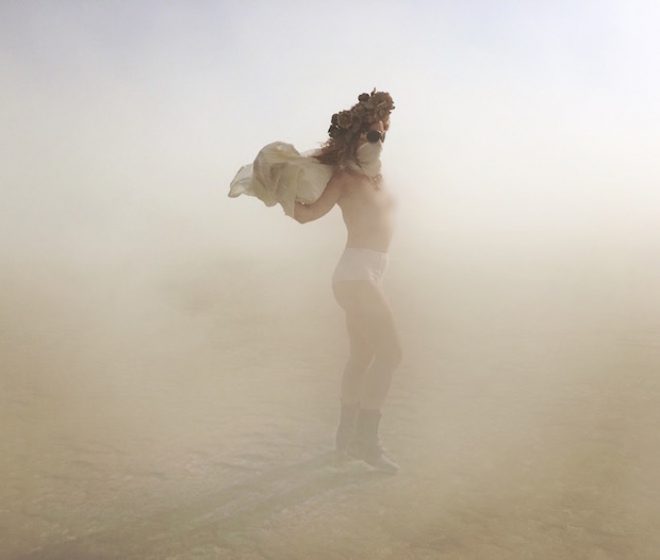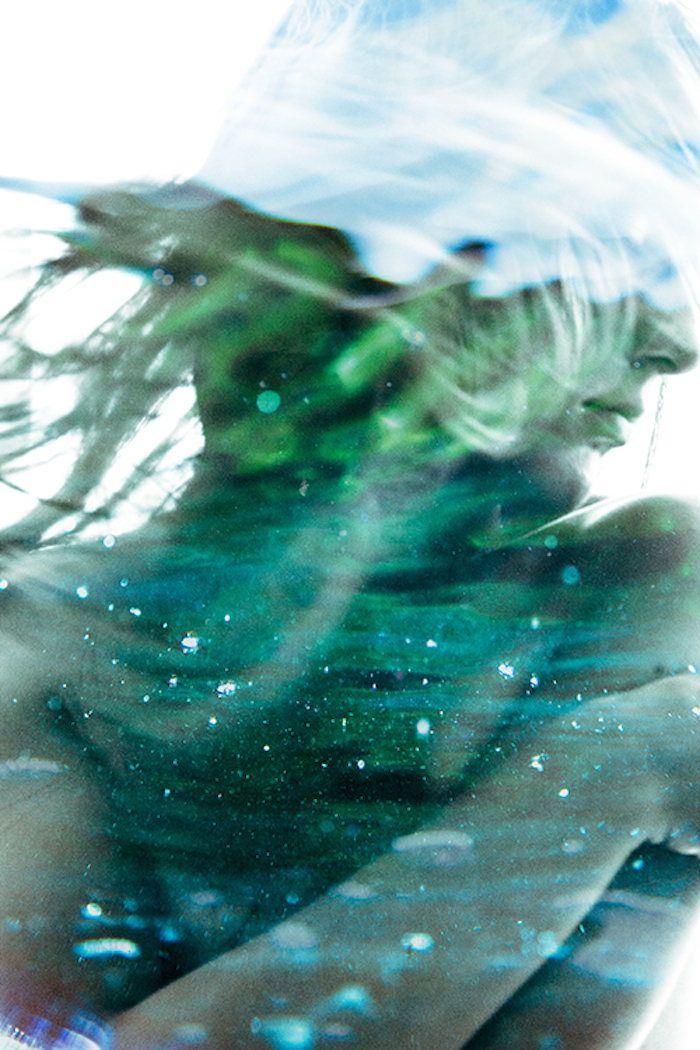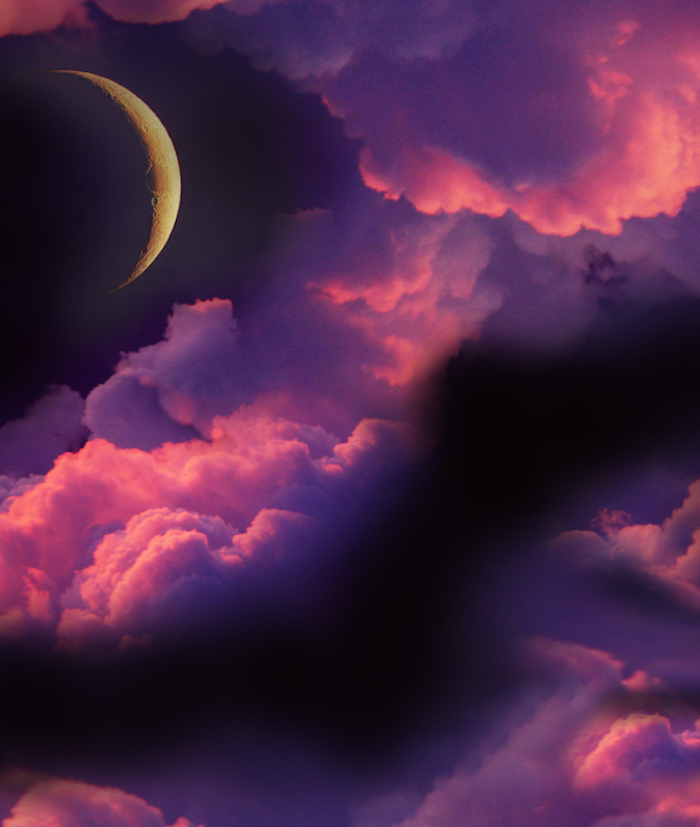The “divine feminine” is often invoked as a Now Age ideal for our gender evolution. But how to really dismantle systems of patriarchal oppression? Trans man and diversity and inclusion activist, Aaron Rose, shares his vision for the future of masculinity …
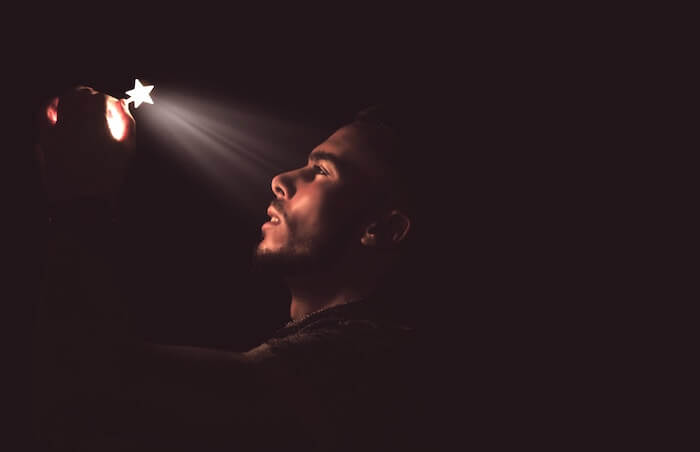
From Parasitic Patriarchy to Abundant Symbiosis
When Now Age mystics speak of “divine masculinity,” what they are describing is simply: masculinity. Exalted qualities of heart-centered action, fierce loyalty, innovative logic, and earthly strength are what masculinity truly is. Everything else is an aberration, a mistaken idea, and a misuse of energy.
The divine masculine is complemented by the divine feminine archetype: the universal energy of intuition, receptivity, nurturance, creation, and collaboration. These energies are not inherently gendered. They flow within all of us.
So how do we reclaim healthy or conscious masculinity? How do we end our crisis of sexual violence? How do we build a world with true gender equality?
In the #metoo era, it can sometimes feel like the goal is total eradication of an inherently “toxic masculinity,” an embrace of androgyny, or an exclusive exaltation of the feminine. But the destination of our evolution is not about erasing our differences or course correcting from toxicity to divinity; it’s about reclaiming gendered archetypes while embracing an even wider spectrum of expression.
Patriarchy is the collectively held (and externally manifested) idea that men are superior to people of other genders, that there are right and wrong ways to be men and women, and that there are rewards for reinforcing these ideas, and penalties for violating them.
And if patriarchy is a result and a manifestation of parasitic scarcity consciousness, then we’re more than ready for abundant symbiosis.
///
A Different Way to Be Human
When I first began my transition from female to male, I was terrified of becoming a man. It was who I was – a person who had been female-assigned at birth and who felt called to a male identity and masculine embodiment – and yet, I could not have been more scared.
As a woman, I had lived a life defined and constrained by male violence – from the abuse of family members, to the harassment of strangers on the subway, and the subtle discrimination at work. The manhood I saw around me did not represent the kind of person I wanted to be. And the people I loved were quick to reinforce this idea: You’ll become a tool of the patriarchy, they said. The world doesn’t need another MAN.
On a physiological level, I knew that taking testosterone (in the form of hormone replacement therapy) was right for me. My body needed it, hungered for it like a too-late dinner after a long day. But on an emotional level, I was paralyzed, wracked by immobilizing guilt.
I was afraid of losing the part of myself that cries at Pixar movies and gathers my friends into huge hugs and composes love letters to my beloveds. The part who really, really listens to my people when they’re hurting. I was afraid of embodying toxic masculinity. I was afraid of becoming (even more of) a stranger to myself.
This deterministic model of gender is one we’re all used to. We’ve all heard “that’s just how men are” and any number of absolutist statements that divide the population squarely down the middle, into two prescribed boxes: man and woman. I was just as trapped as anyone.
But equally, in making the choice to transition I knew I was signing up for a lifetime commitment to proving the idea that there was another way to be a man than what I had been shown. That ultimately, there was a different way to be a human altogether.
///
Dismantling the Deal with the Devil
This commitment, this faith in the future of masculinity, has fueled my decade’s plus of evolving work in diversity and inclusion—a key part of which is leading conscious masculinity workshops in which men and masculine people of all genders have an opportunity to take themselves off of cultural autopilot and reclaim healthy masculinity.
Patriarchy invites men to make a deal with the devil: trade your eternal wholeness and humanity, in exchange for earthly and temporal power.
Time and again, I witness men become emotional in my workshops when we talk about gender equality and allyship. When I ask why, they say things like: “I feel like I don’t have anything else to offer,” or “What more do you want from me?,” or “Not everyone gets to be treated so nicely, you know.”
As the conversations unfold, we identify, again and again, that they are fundamentally bewildered about why or how they should be giving something to someone else that they do not feel they have themselves: gentleness, a reason to truly accept themselves, a full range of self-expression, emotional presence.
In my workshops, we inventory our masculinity stories, going all the way back to our first memories. And themes emerge, like the first moment of shame, often attached to a memory of playing with feminine clothing, hugging other boys, or crying when we were sad. We bring loving witness to these wounds, and then we choose again.
If the story was: “when I am emotional, the people I love reject me”—we elect to write a new story: “my vulnerability brings me closer to the people I care about.”
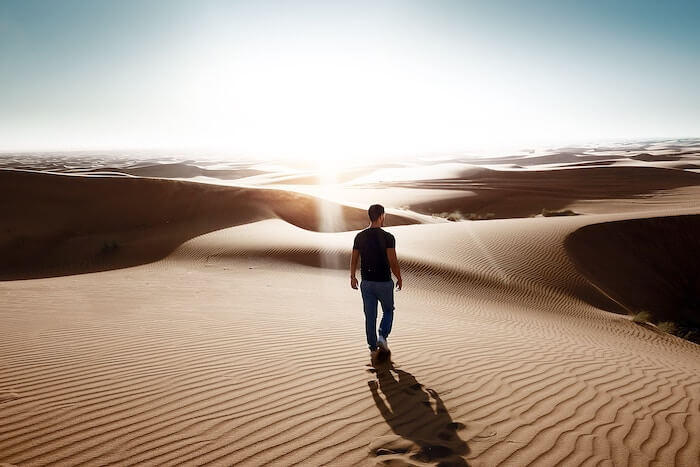
///
What is your role in this process? Here are 4 ways we can all help bring about the future of masculinity …
1// Separate masculinity + femininity from gender identity and sex assigned at birth.
“Sex assigned at birth” is the label you were assigned at birth based on the external anatomy your doctor observed. Gender identity is your innate, internal, sense of your gender.
Within our current western gender model, which has its origins in European colonization and white supremacist social control, sex assigned at birth, gender, and gendered energy are all conflated. If you are male assigned at birth, it is assumed you will be a man, and that you will behave in a masculine way. This deterministic model belies the truth of our experience — the truth that indigenous people of many cultures have always embraced — that there are as many possible genders and gendered experiences as there are people.
For example, I currently have a pretty masculine embodiment – short hair, muscles, a deep voice, a flat chest, traditionally male clothing. However, my energy is a blend of masculine and feminine – I am a go-getter who is often charging forward on the next big idea AND I create space for the people I love to be vulnerable, where I too surrender into vulnerability with them.
We all contain both masculinity and femininity. The unique mix and balance of this energy within us is as essential as the flow of oxygen into our lungs and bloodstream.
///
2// Conduct a patriarchal thought detox.
What are the stories you’re telling yourself about men and masculinity, and about gender overall? Do an inventory of your beliefs about masculinity and men, and choose some different stories.
Some of our big collective stories that you may have running on cruise control include: men should not be emotional, women are more emotional and nurturing than men, there are only two genders, men are just like that, what your body looks like determines your gender, and more.
Set a timer for 10 minutes, write these old stories out, and then decide what you want to replace them with. Write down your new narratives and reread them out loud every day for 21 days.
One my biggest autopilot scripts was that conscious men are few and far between, and that if I was really myself and spoke about gender the way I do, then I would have few connections with men, personally and professionally. I’m choosing to tell a different story now, to affirm that conscious stewards of masculine energy are all around me. And you know what? Bit by bit that community is emerging.
///
3// Understand that this work is not just for “bad guys.”
When I discuss my conscious masculinity work, I often witness men immediately deciding that it’s not for them. Or women deciding that it’s not for their husband or their brother or their friend. Because they’re already “good.” They haven’t assaulted anyone recently. They don’t make gross jokes.
We have this mainstream idea that there are “those guys,” those really bad guys, who have really messed up, who really need to get their act together. They’re the problem. They’re the patriarchy. They’re the ones who need an intensive on conscious masculinity. But the truth is that this work is for ALL of us. We all have an opportunity and a responsibility to become stewards of a new era of masculinity, of gender, of humanity.
///
4// Embrace and reclaim the masculinity within yourself.
No matter your gender, you contain an alchemical blend of both masculinity and femininity within yourself. How does your masculinity manifest? In the clothes you wear? In the role you play in your relationships? In the way you tackle a project or negotiate a deal? In the fictional characters you identify with and seek to emulate? How conscious is your masculinity? How much have you chosen it, rather than operating it on autopilot? What do you love about your masculinity? How does it symbiotically complement and amplify your femininity? What do you wish others could see about it?
Write a love letter to your masculinity. Honor what you learn about yourself in the process.
///
5// Practice inviting others into this conversation.
Where do you see others running on autopilot about masculinity and femininity? Maybe you’re a mom and you see how other parents assume so much about their children based on their sex assigned at birth. Assuming how their child’s body looks determines what their gender will be. Assuming boys will be tough and girls will like pink. Assuming girls will be nurturing and boys will be adventurous.
Just the other day I spoke with a mother who was grappling to understand why her 8-year-old son had been described by a teacher as “sensitive” and “safe” for the other kids to play with, because of how gentle and unaggressive he was. “I would have no problem seeing my daughter this way,” she said. “But it’s hard to compute how a boy could be described like that. It’s not how I see him.”
Maybe you’re a man and you are aware of how conditioned you are to not call out other men when they say something sexist, or to shame each other for expressing emotion. Maybe you’re a woman who feels super supported by your community of women, but feels like your male partner, family member, or friend, isn’t conscious of his masculinity and how it impacts you.
It’s okay to call the people into your life into greater accountability and connection. To do this, get honest about what your unique role is, however uncomfortable or scary it might feel. Whoever you are, your voice matters, and others will resonate with it.
///
A Manifesto for Conscious Masculinity
The work of remaking our relationship to masculinity and femininity is, like all other fundamentally spiritual work, ultimately about restoring our capacity to self-determine our identity, to trust our intuition, and to unconditionally love ourselves.
We are the generational clean-up crew, taking ourselves off of the autopilot our ancestors ran for centuries, mending the wounds they did not know how to tend. As we emerge from the shadow, it is our birthright to embody unprecedented levels of self expression, connection, and ease. It is the work of a lifetime, but it’s why we’re here. And we don’t have to do it alone.
The future of masculinity is not an erasure of the traditional masculine archetype (ie strong, rugged, powerful, action-oriented), but a conscious release of the shadow sides of these traits (domination, control, emotional suppression, violence) and a conscious choosing of what our masculinity means to us.
The future of masculinity is the reclamation of this true divine masculine archetype, by whoever resonates most deeply with that energy.
The future of masculinity is amends and repair for generations of harm done, the honest reckoning of personal and collective shame and grief for violence committed, or violence not stopped.
The future of masculinity is an embrace of action without aggression, of leadership without dominance, of impetus and initiation without steamrolling, of grace without repression.
The future of masculinity is creation without collateral damage, strength without silencing, devotion without obsession, responsibility without control, power with rather then power over.
The future of masculinity is the intentional embrace of intuition, rather than the unconscious whim of instinct.
In short, it is a human life, fully and bravely lived, with self-love and connection with a Universal intelligence at its core, with nothing to prove and everything to share.
///
Ready for more support reclaiming a positive masculine archetype, for yourself, or someone else in your life? Registration is open for my online Conscious Masculinity Intensive. Use code NUMINOUS for 20% off all ticket levels through next Tuesday, November 20th. It’s open to men, masculine people of all genders, and allies; we even have a few parents of male-assigned-at-birth kids joining too! Join us in co-creating the future of gender, together.

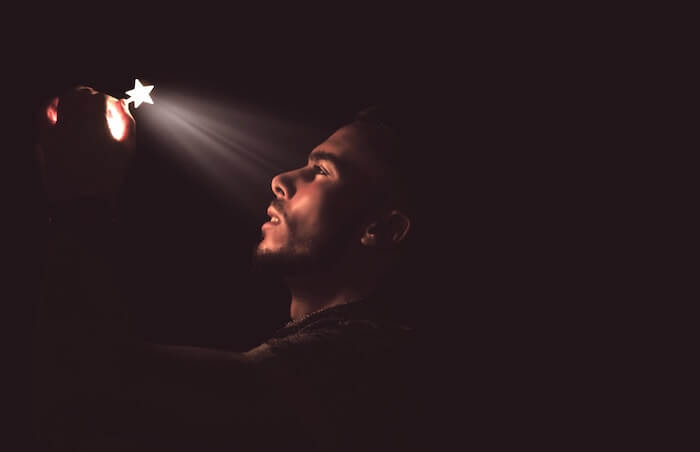
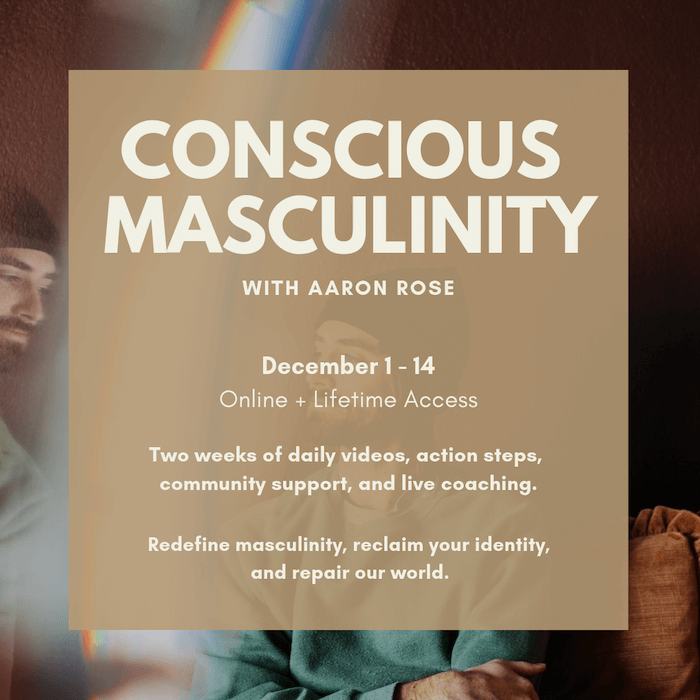
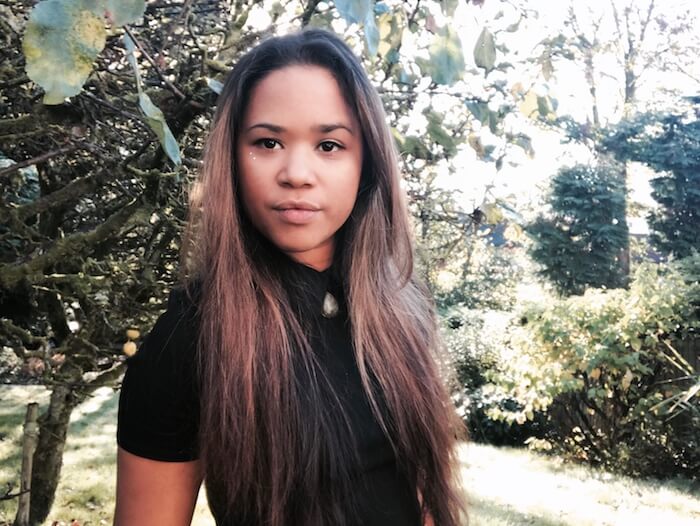
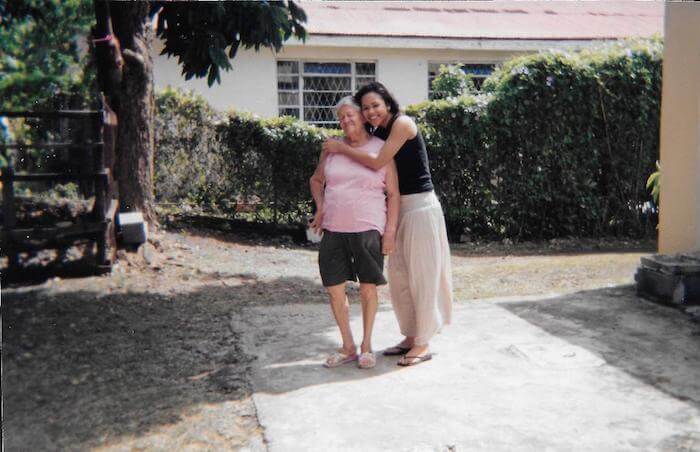
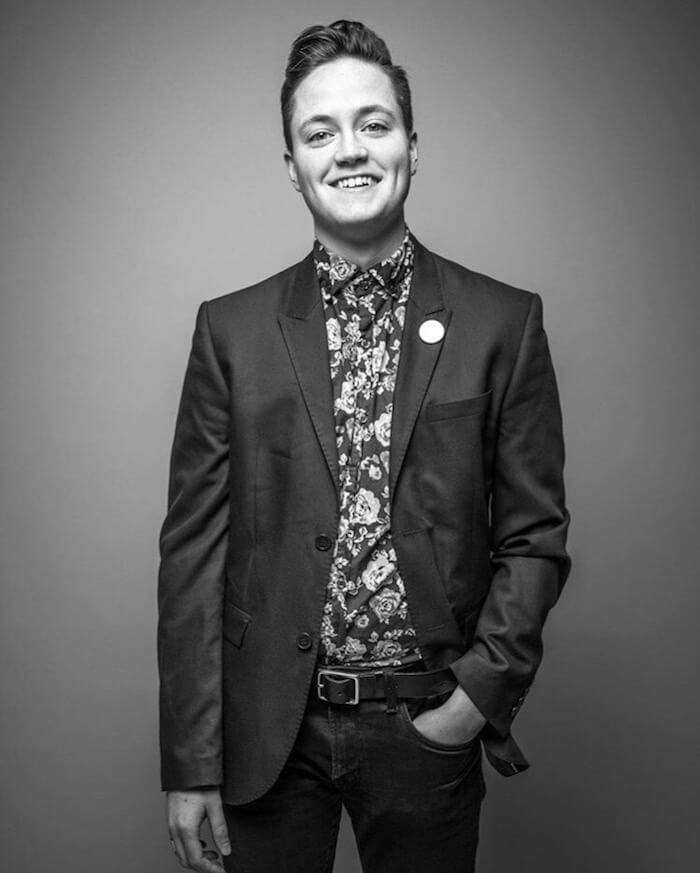
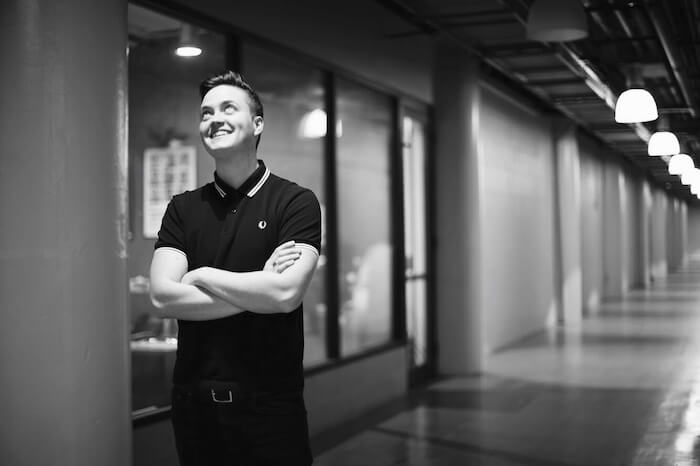
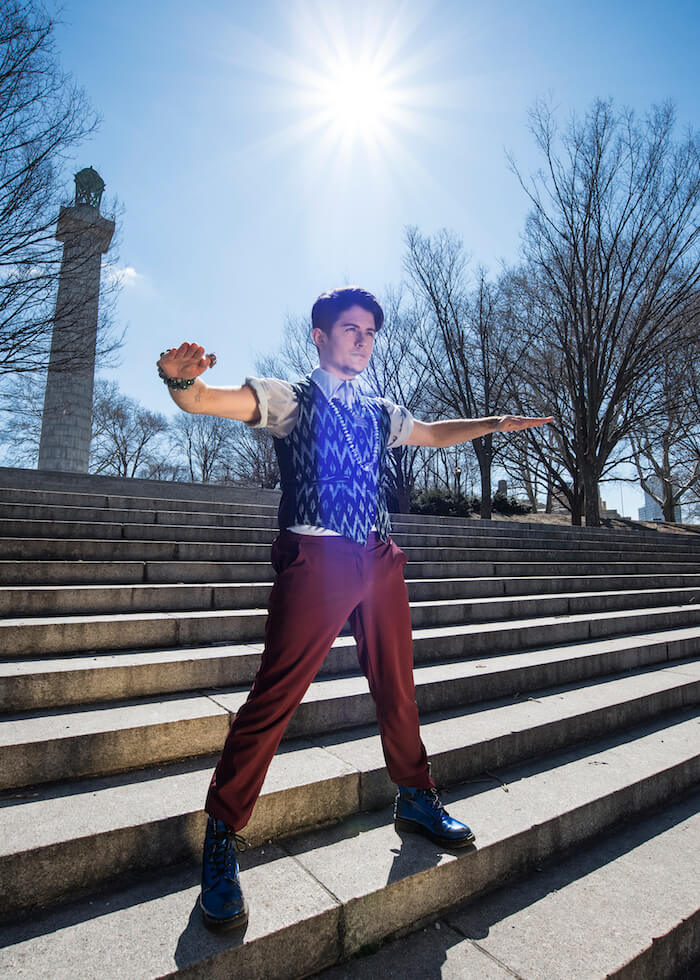
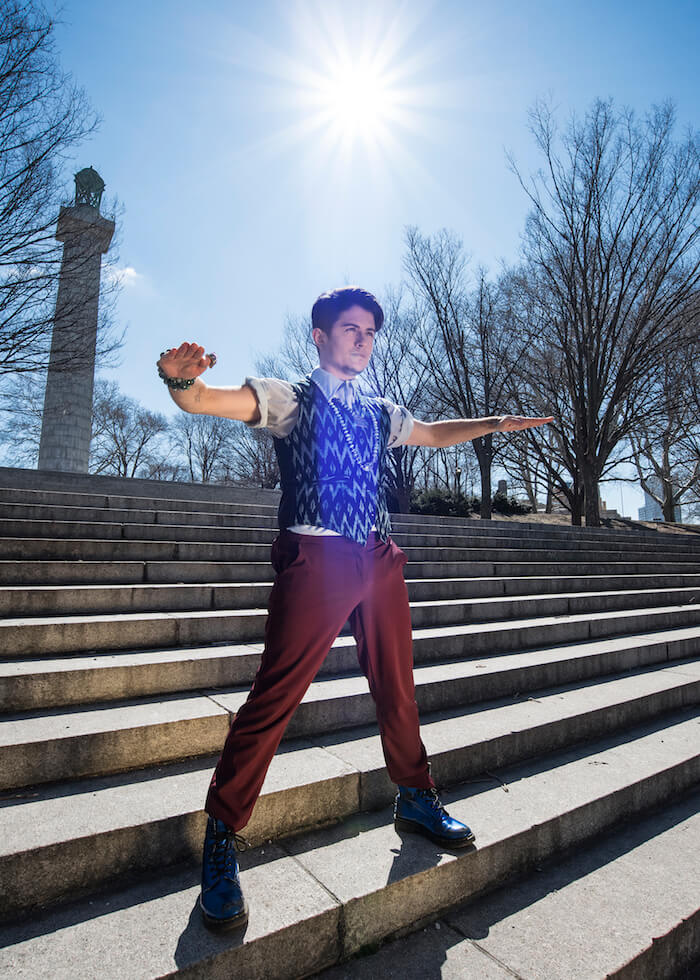
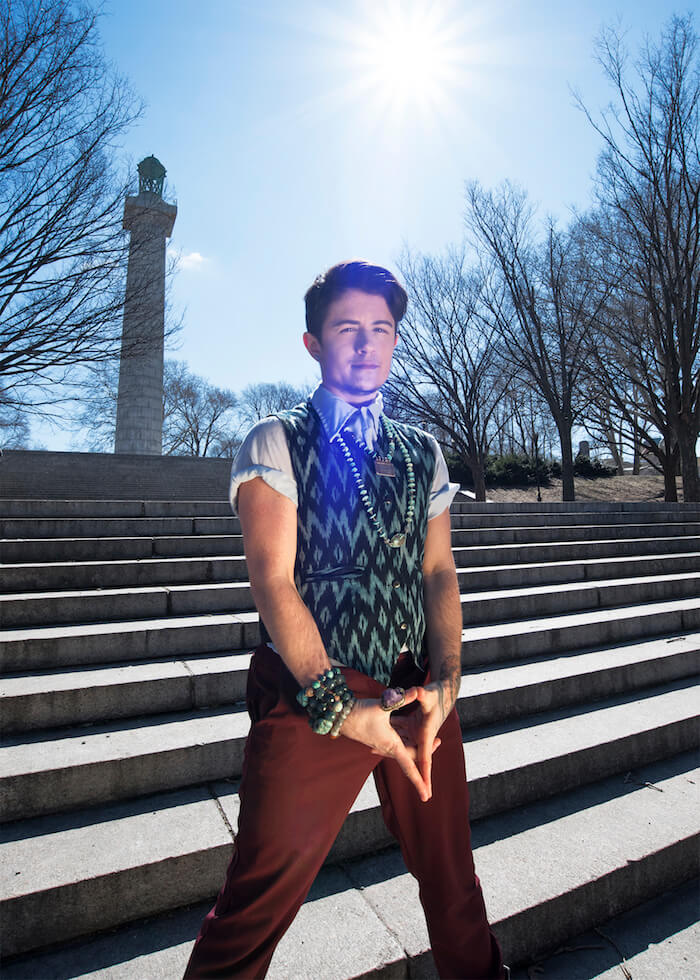
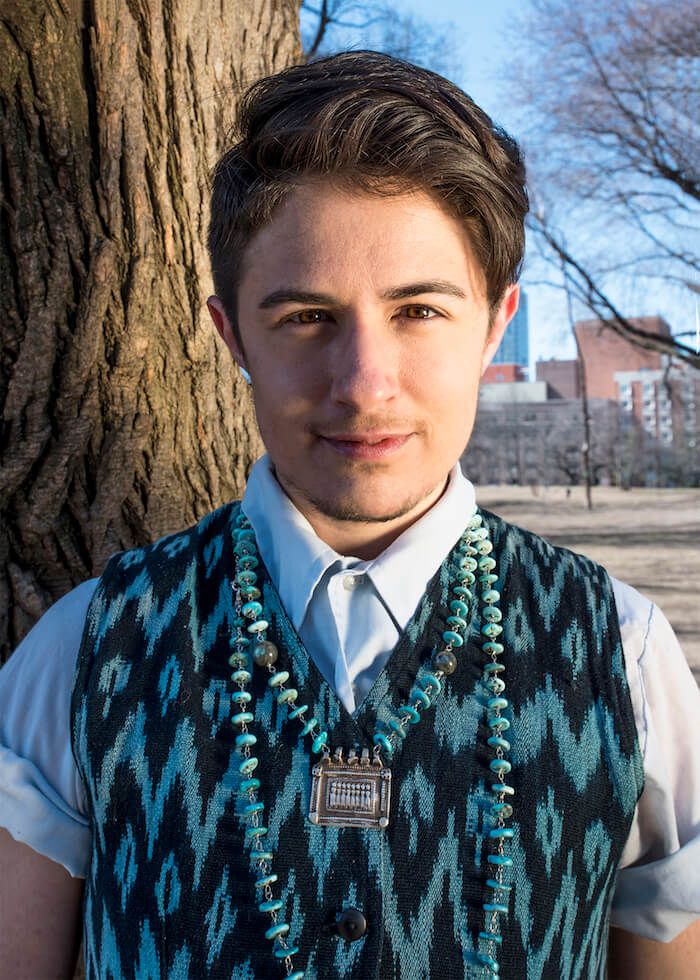
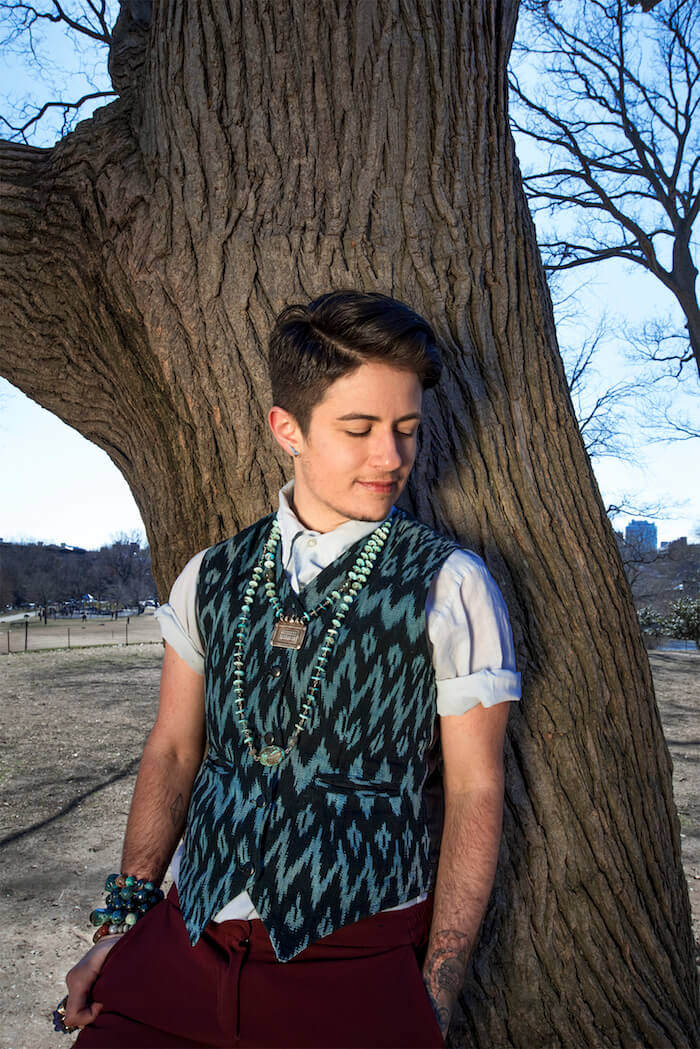
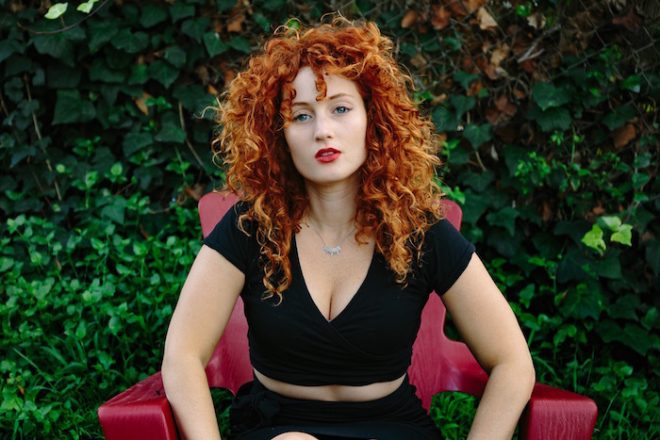
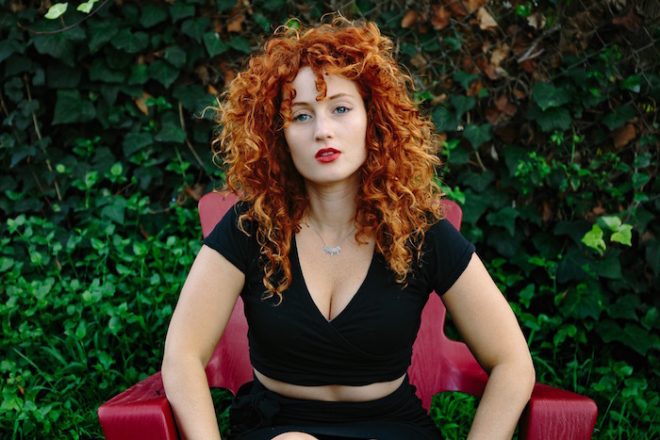
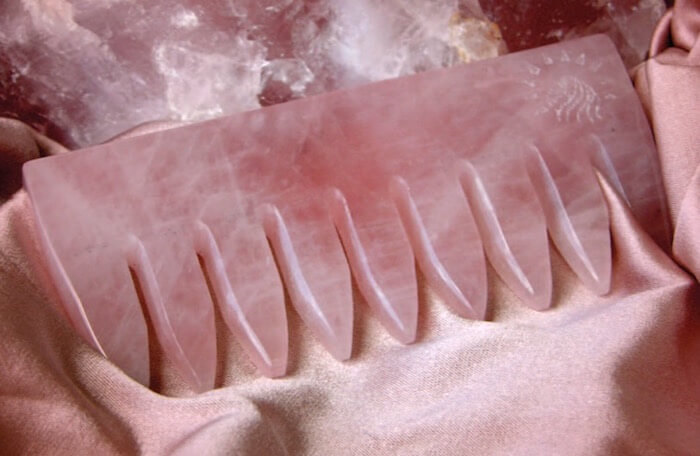
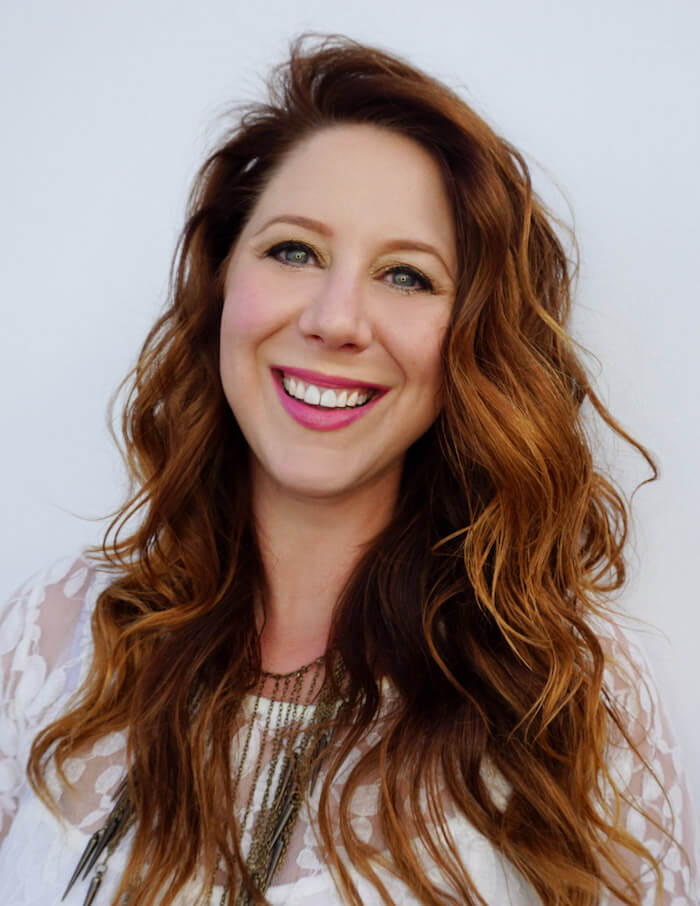
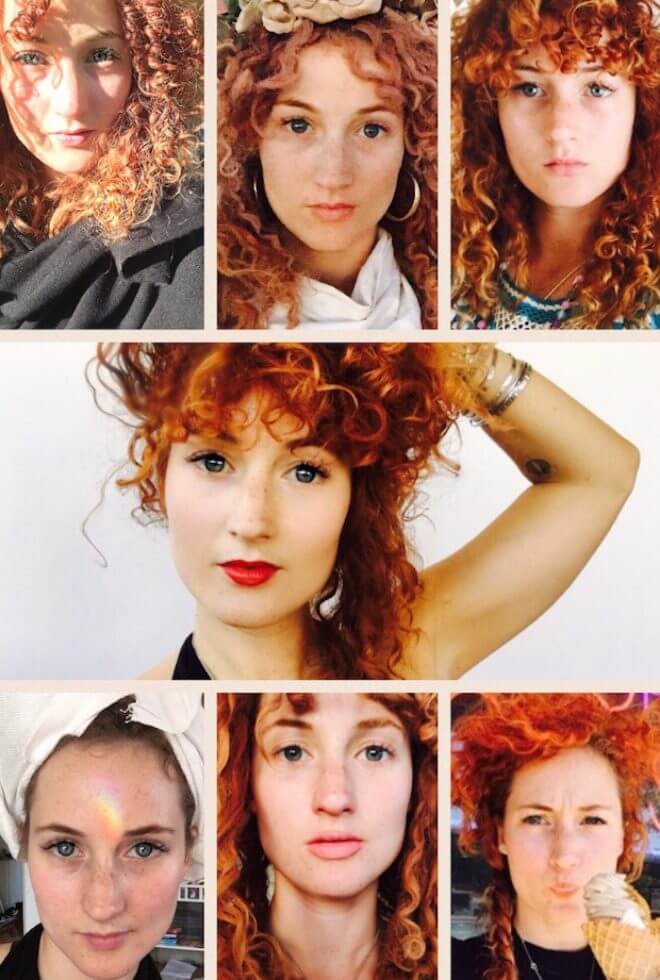
![Which is a mask, which is a shadow, and which is my truth?]](https://the-numinous.com/wp-content/uploads/2016/09/IMAGE-2-1-660x980.jpg)
